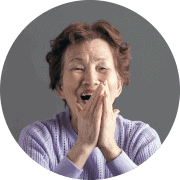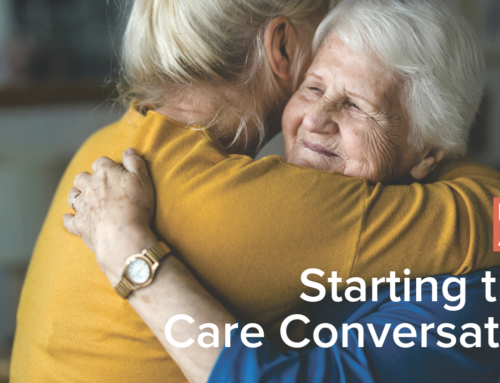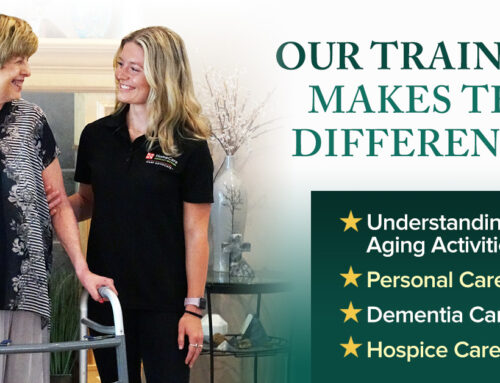Ten Steps to Prevent Falls and Fractures
A new national study, shows the COVID-19 pandemic may have increased the fall risk in older adults. Conducted in January 2021 by the University of Michigan’s Institute for Healthcare Policy and Innovation, the poll found:
- 37% of people between the ages of 50 and 80 report their physical activity declined during the first 10 months of the pandemic.
- 27% say they’re in worse physical condition now than before the pandemic.
- 25% reported at least one fall between the start of the pandemic in March 2020 and January 2021.
To prevent falls and fractures, the National Institute on Aging recommends that you encourage your senior loved one to:
Stay physically active.
Regular exercise improves muscles and strength. It also will keep joints, tendons, and ligaments flexible. Walking and climbing stairs may also slow bone loss from osteoporosis.
Get regular eye and hearing tests.
Even small changes in sight and hearing may cause a fall. When your senior loved one gets new glasses or contacts, make sure they take time to get used to them. If they have a hearing aid, be sure it fits well and that they wear it.
Understand medication side effects.
If a drug causes drowsiness or dizziness, alert the doctor or pharmacist.
Get enough sleep.
If your senior is sleepy or drowsy, they are more likely to fall.
Limit alcohol.
Even a small amount of alcohol can affect balance and reflexes. Studies show the rate of hip fractures in older adults increases with alcohol use.
Stand up slowly.
Getting up too quickly can cause blood pressure to drop, and that can make your senior feel wobbly.
Use an assistive device.
Appropriate use of canes and walkers can help older adults feel more confident on their feet and prevent falls. If a doctor suggests using a cane or walker, make sure it’s the right size and that the wheels roll smoothly.
Wear non-skid, rubber-soled, low-heeled shoes.
It’s important that the soles are not too thin or too thick. Encourage your senior to never in socks or slippers – especially on smooth surfaces.
Take extra care on wet or icy surfaces.
Spread sand or salt on icy areas – especially on outdoor steps and by your senior’s front and back doors.
Always tell the doctor about a fall.
A fall can alert the doctor to a new medical problem or problems with your senior’s medications or eyesight that should be corrected. The doctor might suggest physical therapy, a walking aid or other steps to prevent future falls.
HCAN caregivers are trained to help seniors age safely in their homes – including reducing the risk of falls. To learn how we can help your senior loved one, visit www.hcanthrive.com or call 402.965.0737.






